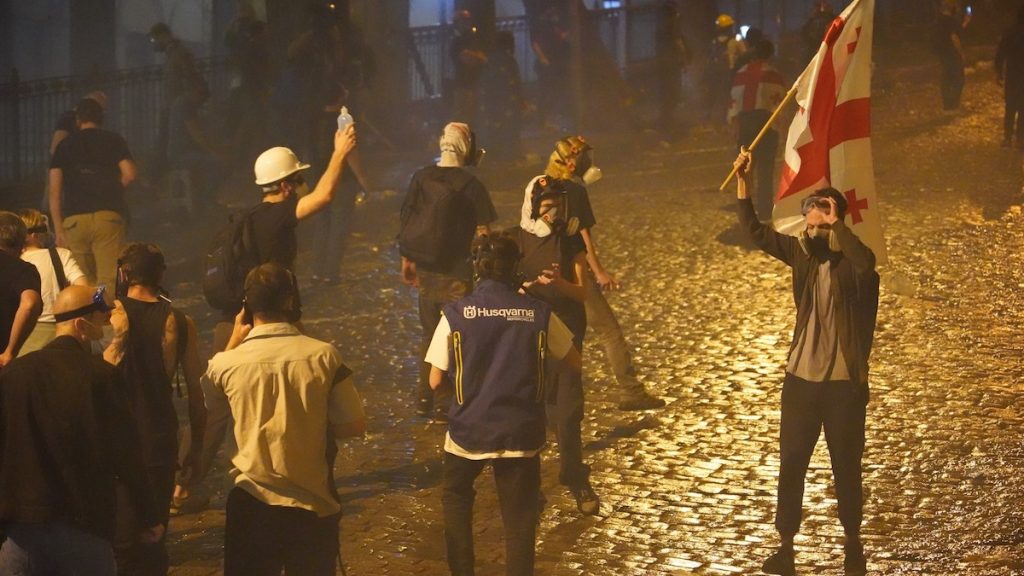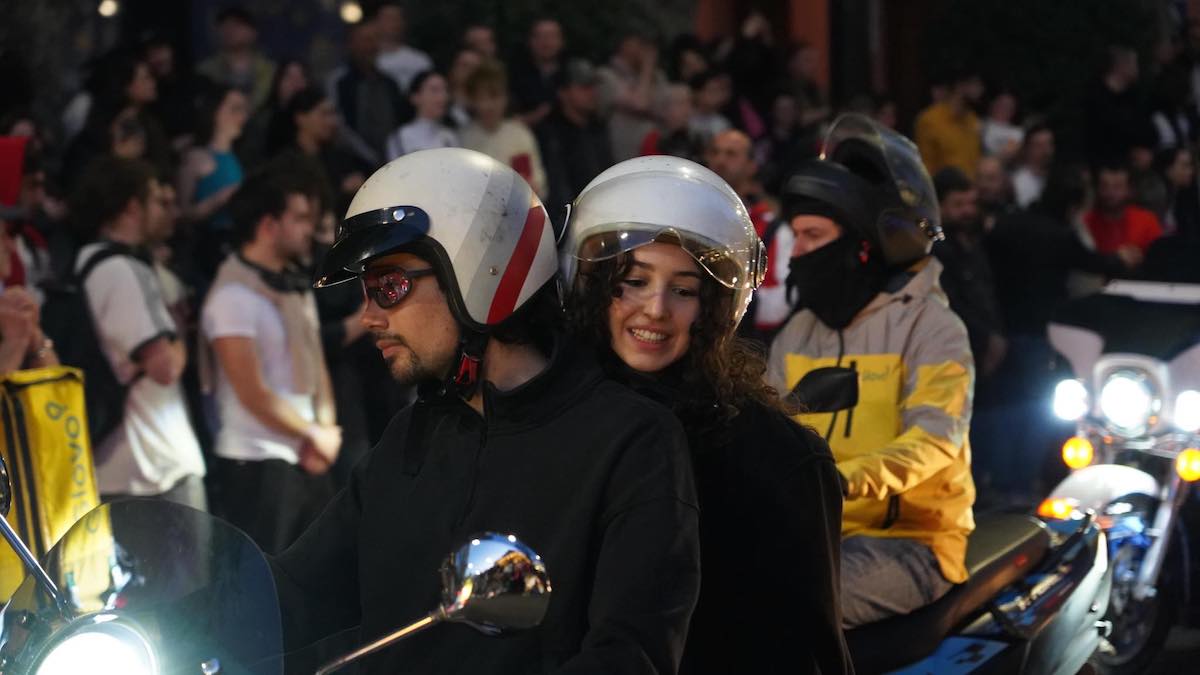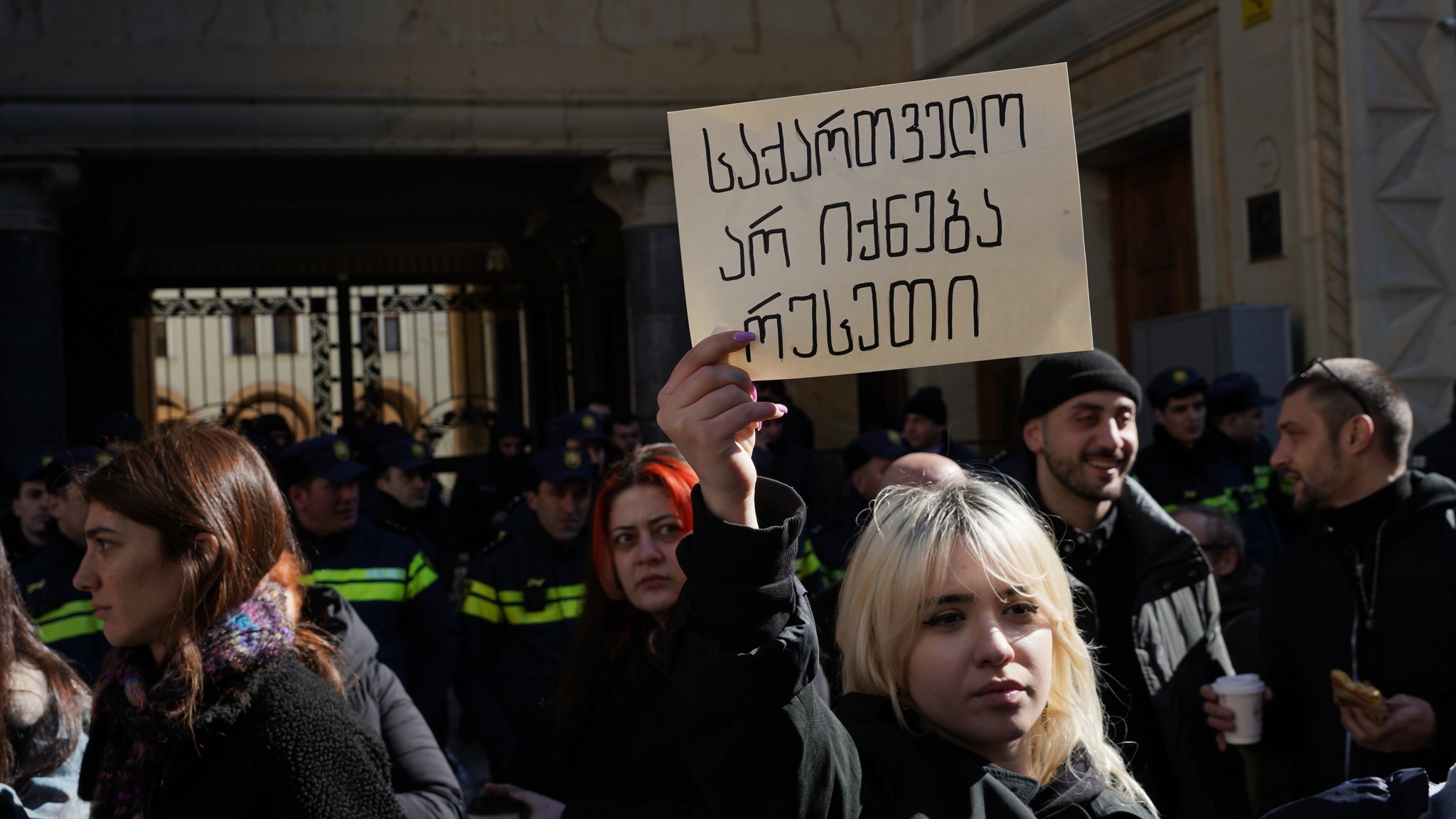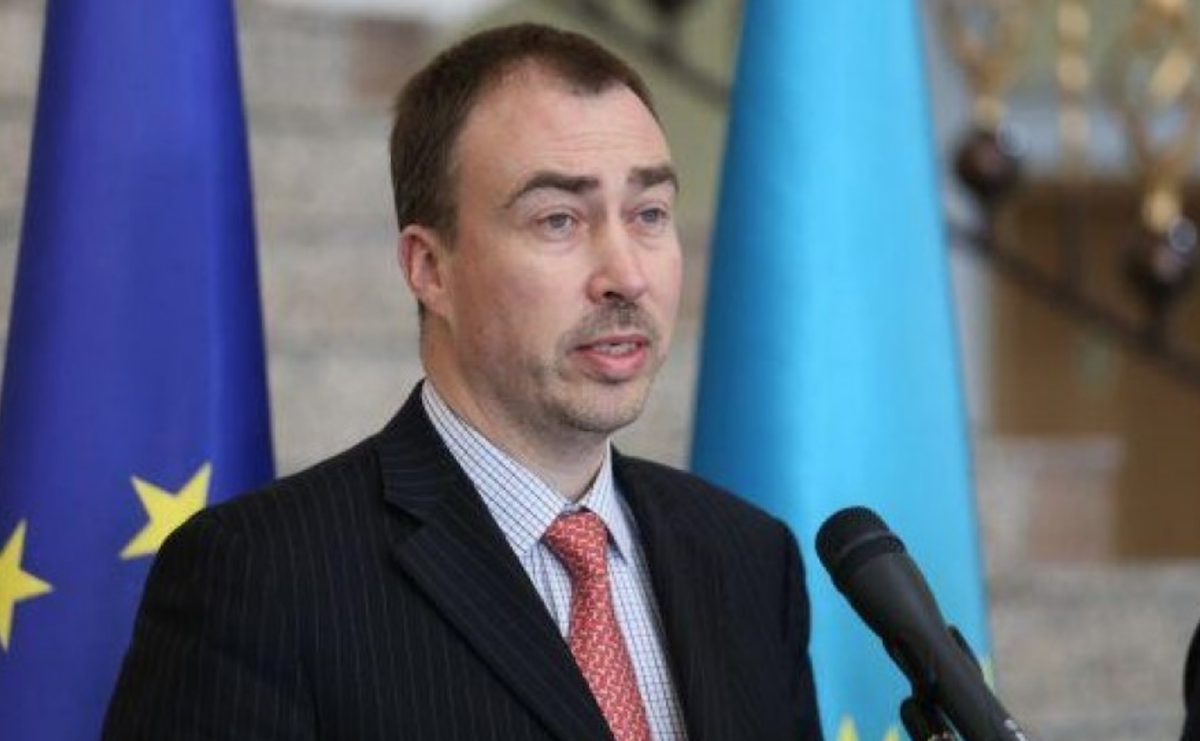"Georgian authorities ineffectively investigate cases of violence against civil activists" - HRW
Beatings of activists in Georgia

The international human rights organization Human Rights Watch has released a report on politically motivated violence against government critics in Georgia. The report states that the Georgian government is failing to properly investigate numerous cases of beatings and intimidation by so-called “titushki” (government-backed thugs) targeting civil activists, protest participants, and opposition members.
What’s in the report?
- Since mid-April, Georgian human rights groups have documented and highlighted up to 12 cases of attacks on activists. The investigation into these cases is progressing slowly and is largely ineffective.
- The organization specifically described six attacks on five individuals that took place in Tbilisi, reviewed the materials related to these incidents, and reached out to the Ministry of Internal Affairs and the Prosecutor General’s Office for information on their investigation. In response, the organization was informed that no criminal cases had been initiated as part of the investigation into the attacks.
- Human Rights Watch interviewed the victims and their lawyers, as well as reviewed legal documents, medical reports detailing their injuries, and CCTV footage along with other videos capturing the attacks. The organization also requested information about the investigations from the Minister of Internal Affairs and the Prosecutor General. On August 19, the Prosecutor General’s Office responded that the Ministry of Internal Affairs is investigating the attacks, but no criminal cases have been initiated so far.
- The organization also notes that in the cases described, the victims’ lawyers regularly contacted the investigators but received no information indicating that law enforcement had identified any suspects: “None of the victims were asked to identify or meet with a suspect at the police station.”
- Among those attacked, as described by HRW, are student movement leader Nikoloz Managadze, the founder of the opposition movement “Sirtskhvilia” Zurab Berdzenishvili, protest participant Nikoloz Butkhuzi, and opposition members Gia Japaridze and Dimitri Chikovani.
According to Hugh Williamson, Director for Europe and Central Asia at HRW, the Georgian authorities must conduct a proper investigation into the acts of violence against government opponents and unequivocally condemn politically motivated violence.
“Impunity for attacks on government critics sends a clear message that the authorities condone politically motivated violence when it serves their interests. Authorities can avoid this by conducting timely, thorough, and effective investigations that identify the individual attackers.
If acts of intimidation and persecution against activists, independent media, and government critics go unpunished, there is a risk that criminal elements in Georgia will attempt to escalate violence in the months leading up to the elections. It’s urgent to hold those responsible for these brutal attacks accountable,” said Hugh Williamson.
What’s important to know about Georgia’s ‘foreign agents’ law?
- The “Law on Transparency of Foreign Influence” was initiated by the ruling party “Georgian Dream” and passed by Parliament in its third reading on May 28, 2024.
- The Parliament adopted this law despite massive protests, persistent calls from Georgia’s Western partners, and the opinion of the Venice Commission of the Council of Europe.
- After the passage of the law, the US announced the first package of sanctions against the “Georgian Dream” government. Secretary of State Antony Blinken warned of a “comprehensive review of US-Georgia cooperation.”
- The European Union also took retaliatory measures. In early July, the EU halted €30 million in aid to Georgia and warned of additional measures to come. Senior EU officials have repeatedly indicated that this law distances Georgia from the EU.
- On July 11, the U.S. House Committee on Foreign Affairs passed the Megobari Act, which imposes sanctions on those involved in passing the “foreign agents” law.
The Georgian government’s main argument is that similar laws exist in the U.S. and several European countries, including France. According to Georgian Dream, every country has the right to protect itself from foreign influence and demand transparency from its organizations.
However, this comparison is inaccurate because:
The American law FARA (Foreign Agents Registration Act), to which Georgian Dream refers, was enacted in the U.S. in 1938, before World War II, and aimed to protect the American public from Nazi propaganda. Neither then nor now did FARA apply to America’s allies and friendly countries.
In France, the law on “Foreign State Influence” includes a specific list of countries to which the law applies. This list comprises countries whose influence France considers a threat, including Russia, China, Turkey, and Iran. The French version also specifically states that this law does not apply to EU countries. The Georgian version lacks such provisions. Consequently, this law directly impacts organizations funded by the U.S. and the EU—friendly and partner countries that support democratic processes and numerous vital projects in Georgia, ranging from healthcare and infrastructure to strengthening civil society.
Furthermore, FARA stipulates that the law does not apply to media or NGOs, only to lobbying organizations. The Georgian version does not have this clarification.
Overall, the Georgian law is similar to the Russian law, which primarily affected media and the NGO sector. As a result, all non-governmental and media organizations not controlled by the Kremlin have been shut down in Russia. Hence, the Georgian law has been dubbed the “Russian law.”
It’s also important that this law contradicts EU legislation. When a similar law was adopted in Hungary, it was annulled by the European Court of Human Rights because it was directly aimed at silencing the media and oppressing NGOs.
The “Law on Transparency of Foreign Influence” in Georgia is set to come into effect by September 2024 when a special registry will be ready for “foreign agent organizations” to register. This applies to all organizations where over 20% of funding comes from foreign grants. In a small and not very wealthy country like Georgia, this includes the vast majority of non-governmental organizations.
Many Georgian NGOs and media refuse to register in the registry as they find the label of “organizations representing the interests of foreign states” offensive. “We work honestly in our country, so why should we be called ‘bearers of foreign state interests’?” they protest.
Some small organizations are already announcing their imminent closure. For instance, the NGO Fair Trees Foundation reported that its project to create a free children’s dental clinic would be suspended due to the law’s adoption.
Additionally, almost all animal protection organizations in Georgia rely on foreign grants, and thus the law’s adoption could lead to the closure of many of these organizations.





















